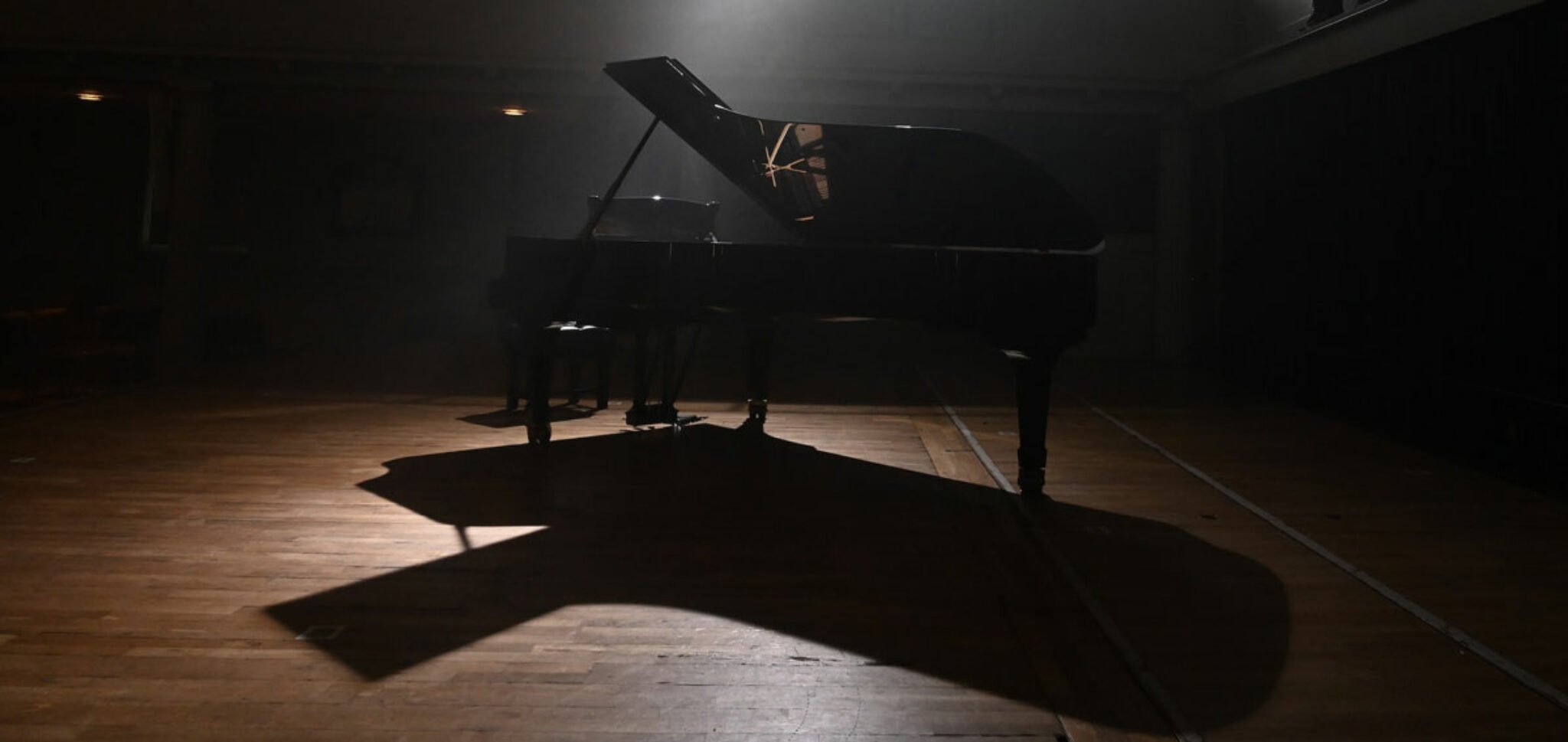
18
May
Guest performance in Künzelsau, Germany
Line up
- Orchestra
- Musical Conductor
- Piano
Sat, 18. May 2024 | 17:00 Uhr
Carmen Würth Forum
Künzelsau
Program
-
Igor Strawinsky
-
Jeu de cartes
-
-
Frédéric Chopin
-
Piano Concerto No. 2 in F minor, Op. 21.
-
-
Wolfgang Amadeus Mozart
-
Symphony No. 41 in C major, K. 551, 'Jupiter'.
-
Add to calendar

On Tour












